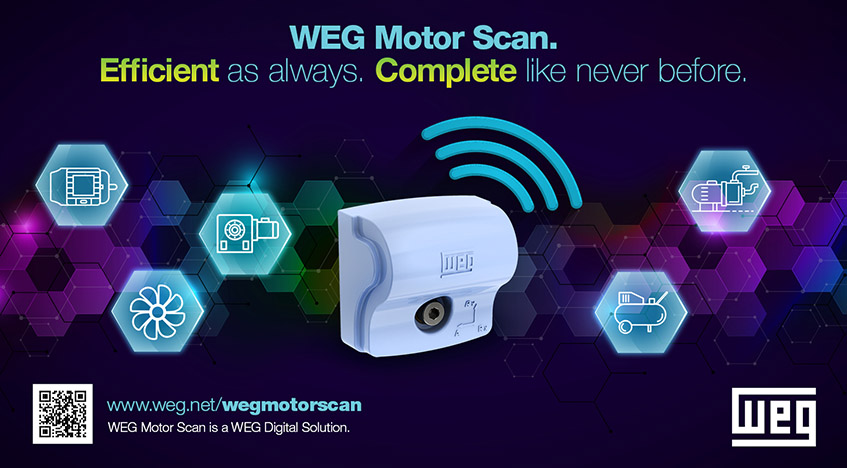System integration and much greater access to information on Industry 4.0 meets a pressing need to the companies: increased efficiency. Cost reduction through optimization of processes and resources without loss of quality and productive capacity is one of the biggest challenges of Brazilian and Global industries under an increasing competitiveness scenario.
With Industry 4.0, new technologies are available to the factories such as, tools for collection and analysis of information including: big data, artificial intelligence, cloud computing, and the Internet of Things. These are features that enable more assertive decision making, predictive and planned actions, based on the management of processed data at high speed.
Valuable information that is rarely available today, such as manufacturing, which is considered the top sector in data generation. However, it uses less than 1% of such data to support on a decision. Advanced data analysis can, for example, dramatically reduce old materials and inventory, and improve the overall processes to generate higher profit.
A survey conducted by Senai (Industry Area in Brazil) with data supplied by McKinsey survey, says that the estimated positive impacts from smart factories are quite significant:
Reduction of maintenance costs between 10% and 40%;
Decrease of energy consumption between 10% and 20%;
Increase of labor productivity between 10% and 25%;
Greater accuracy in demand forecasts of around 80%
These are percentage figures that depend on the structure of the company and are related to the degree of investments to be made. Specially with regard to energy consumption, Industry 4.0 has in energy efficiency gain one of its main benefits. According to information from the 7th Brazilian Congress of Industry Innovation, 42% of the energy consumed in the industrial sector is wasted on different problems such as heat loss and under designed lighting, among others.
Added to the energy efficiency factor, essential for an industry that consumes 54% of all energy produced in the world, the convergence of physical, digital and biological technologies enables the development of new business models and services, monitoring products from production to final use by consumers. The concept of efficiency becomes actually more significant through solutions built on much more controlled, productive and innovative processes.



